According to the analysis of many National Assembly Deputies and economic experts, applying VAT at 5% on fertilizer products will bring benefits to both the "housewife", the state, businesses and farmers.
The issue of applying a 5% VAT on fertilizers in the draft amendment to the Law on Value Added Tax (VAT) is attracting public attention.
Beneficial for the state, farmers and businesses
In Can Tho City, Mr. Tran Van Chien - Head of Truong Khuong A Fruit Garden Cooperative shared that among agricultural materials, fertilizer accounts for the highest input costs. Farmers do not have a clear understanding of tax policies, but have requested state agencies to ensure stable fertilizer prices and a downward trend for profitable production. "We also need fertilizer production units to provide farmers with additional support in terms of prices and techniques to increase production efficiency," said Mr. Chien.
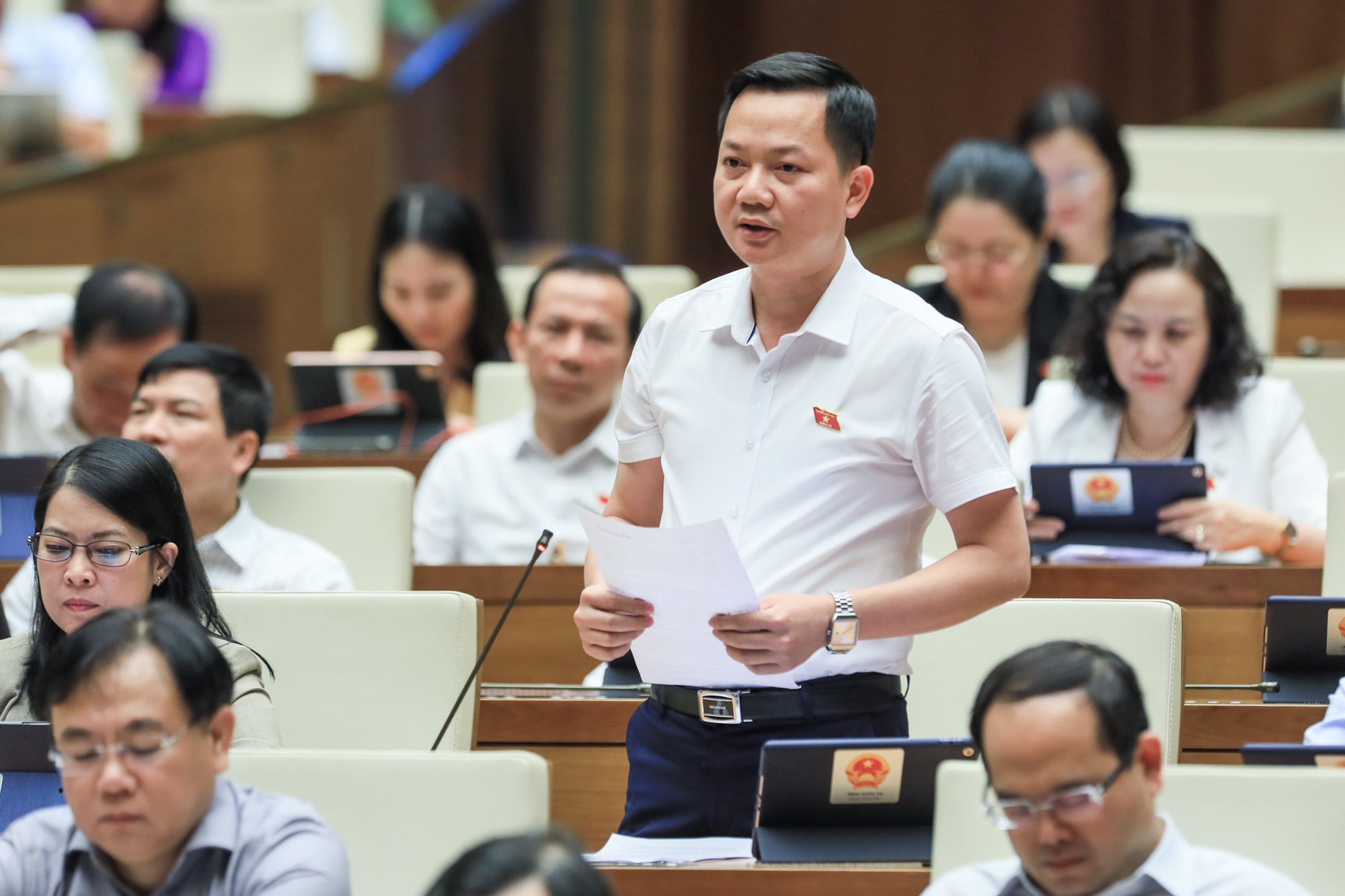
National Assembly Delegate Trinh Xuan An (National Assembly Delegation of Dong Nai Province). Photo: TN Newspaper
From the perspective of a manufacturing enterprise, Mr. Nguyen Van Son - Deputy Director of Ca Mau Fertilizer Plant said that he is ready to support farmers with quality fertilizer products at reasonable prices. "If the National Assembly approves the VAT policy for fertilizer products, businesses will have more conditions to support farmers better," said Mr. Son.
There are some concerns that if VAT is imposed on fertilizers, farmers will have to bear the burden of this tax due to the high selling price. However, Associate Professor Dr. Dinh Trong Thinh has provided an analysis showing the opposite.
"Many people think that reducing VAT and not imposing VAT on fertilizers will benefit farmers, but that is not true. Foreign enterprises selling fertilizers to our market have benefited from VAT refunds in their countries. This creates unfair competition with the domestic fertilizer industry.
If a 5% VAT is applied to fertilizers, it will help save production costs, improve competitiveness, and enable businesses to support farmers. The state will collect taxes. Farmers will benefit from this policy, creating benefits for all parties," Associate Professor Dr. Dinh Trong Thinh said.
At the National Assembly, National Assembly delegate Trinh Xuan An (National Assembly Delegation of Dong Nai province) stated that applying a 5% tax rate will allow domestic fertilizer production enterprises to deduct input prices, this regulation only affects import enterprises.
"Applying a 5% tax rate on fertilizers benefits three parties: farmers, the State and businesses," said Mr. An.
"I agree with the explanation of the National Assembly Standing Committee, here domestic enterprises and import enterprises are equal to each other. The imposition of this 5% tax only affects import enterprises, while domestic enterprises are also protected, and people will have the opportunity to reduce prices," Mr. An added.
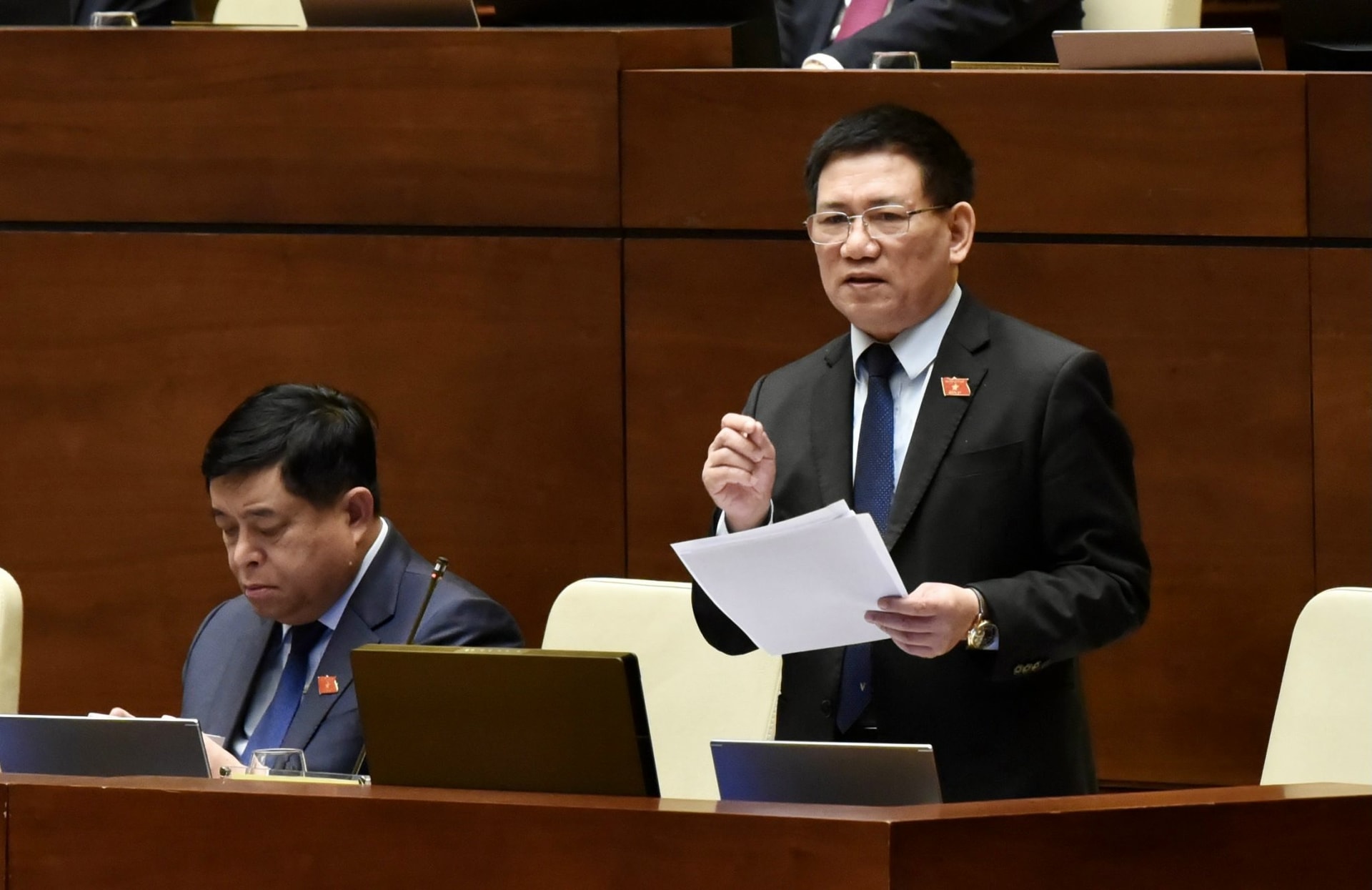
Deputy Prime Minister and Minister of Finance Ho Duc Phoc. Photo: VGP/Nhat Bac
Increase self-reliance and autonomy
Delegate Truong Trong Nghia (Ho Chi Minh City National Assembly Delegation) also affirmed that the application of a 5% value-added tax rate "is not only beneficial to businesses but also to farmers". "When we are self-reliant, autonomous and self-reliant in many areas, the Government will be able to control and apply measures to reduce the burden on consumers and farmers," said Mr. Truong Trong Nghia.
Delegate Ha Sy Dong (National Assembly Delegation of Quang Tri Province) said that farmers may suffer losses, but domestic production will be better guaranteed, domestic supply will be boosted, there will be no dependence on imported fertilizers, and no worries about supply chain disruption.
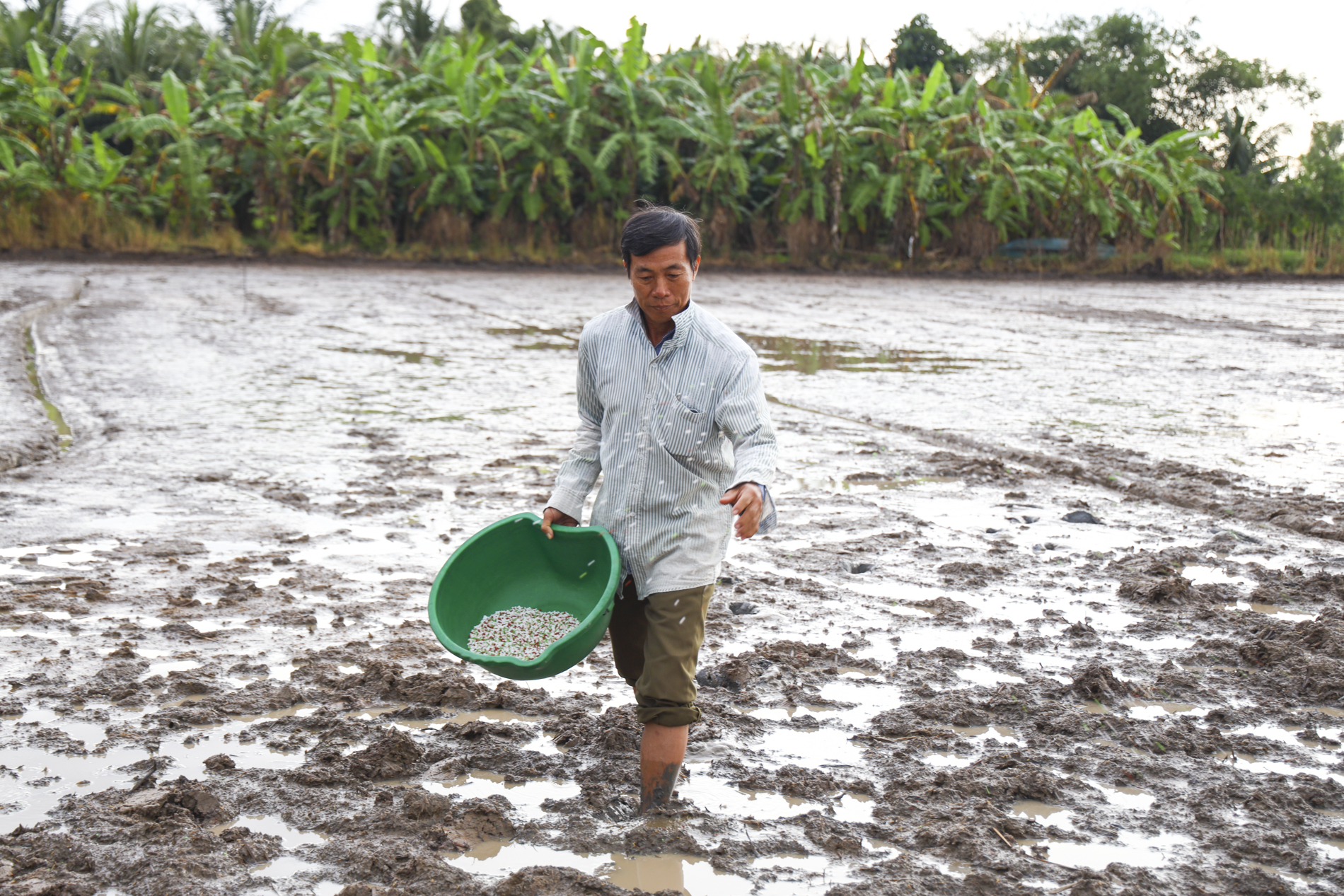
Mr. Pham Truong Giang - Head of Long Giang Agricultural Service Cooperative, Tran Van Thoi District, Ca Mau Province, uses fertilizer for rice. Photo: Nguyen Chuong
On November 10, at the headquarters of Nong Thon Ngay Nay Newspaper, a seminar will take place on "VAT on fertilizers - for the benefit of farmers, the development of the domestic fertilizer industry" with the participation of leaders of the Central Committee of the Vietnam Farmers' Union, National Assembly deputies, representatives of the General Department of Taxation, financial experts, and representatives of farmers.
Delegate Nguyen Van Chi, National Assembly Delegation of Nghe An province also agreed with the proposal to apply 5% VAT on fertilizers: "By switching to applying 5% tax, it does not mean that the price level will increase by 5% because domestic fertilizer enterprises have room to reduce prices when they are deducted this input tax or in many cases they will be refunded so the price level will decrease. Therefore, it cannot be said that farmers or the agricultural sector are affected."
Dr. Nguyen Tri Ngoc, Vice President and General Secretary of the Vietnam General Association of Agriculture and Rural Development, added that applying a 5% value-added tax instead of exempting fertilizer tax will have many benefits.
Specifically, farmers will benefit, because fertilizer production enterprises are deducted input tax, so investment costs will decrease, production costs will decrease, so fertilizer prices may decrease.
Enterprises are motivated to invest in research, technological innovation, and production of new generation, high-tech fertilizers that will increase productivity and production efficiency, increase crop yields, improve product quality, and thereby increase the efficiency of sustainable crop cultivation.
The State collects a tax from fertilizer products, so it has more conditions to increase spending on scientific research activities... which will make farmers increase production efficiency per unit area, increasing the competitiveness of domestic agricultural products.
At the National Assembly, Deputy Prime Minister and Minister of Finance Ho Duc Phoc analyzed the benefits of collecting 5% VAT on fertilizers. According to Mr. Ho Duc Phoc, on the farmers’ side, fertilizer prices do not only depend on VAT increases or decreases but also on production costs, supply and demand in the market... Meanwhile, product costs depend on science and technology, labor productivity, modernization...
In fact, in the past, we did not collect taxes on fertilizers, but in the period 2018 - 2022, urea fertilizer still increased by 19.70 - 43%. In 2023, urea fertilizer increased by 6.29 - 6.4%. Thus, the cost of fertilizers depends basically on supply and demand in the market.
On the side of fertilizer enterprises, the 5% VAT on fertilizer will help domestic enterprises have an advantage and be able to compete with foreign enterprises. When there is tax, it is estimated that foreign enterprises have to pay 1,500 billion while domestic enterprises only have to pay 200 billion. This helps domestic enterprises have conditions to improve techniques, apply modern technology, reduce product costs, reduce selling prices, thus bringing benefits to the people.
"I hope the National Assembly deputies support the VAT tax plan for fertilizers at 5%," the Deputy Prime Minister emphasized.
Source: https://danviet.vn/de-xuat-thue-vat-5-doi-voi-mat-hang-phan-bon-huong-den-loi-ich-ba-nha-20241108103706124.htm


![[Photo] Prime Minister Pham Minh Chinh meets with King Philippe of Belgium](https://vstatic.vietnam.vn/vietnam/resource/IMAGE/2025/4/1/be2f9ad3b17843b9b8f8dee6f2d227e7)
![[Photo] General Secretary To Lam receives King Philippe of Belgium](https://vstatic.vietnam.vn/vietnam/resource/IMAGE/2025/4/1/e5963137a0c9428dabb93bdb34b86d7c)
![[Photo] Close-up of Vietnam's sniffer dog team searching for earthquake victims in Myanmar](https://vstatic.vietnam.vn/vietnam/resource/IMAGE/2025/4/1/d4949a0510ba40af93a15359b5450df2)

![[Photo] President Luong Cuong and King Philippe of Belgium visit Thang Long Imperial Citadel](https://vstatic.vietnam.vn/vietnam/resource/IMAGE/2025/4/1/cb080a6652f84a1291edc3d2ee50f631)

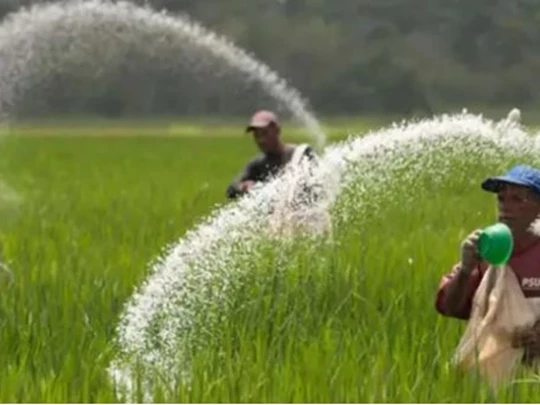


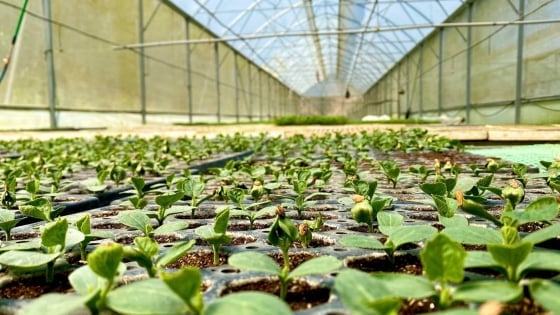

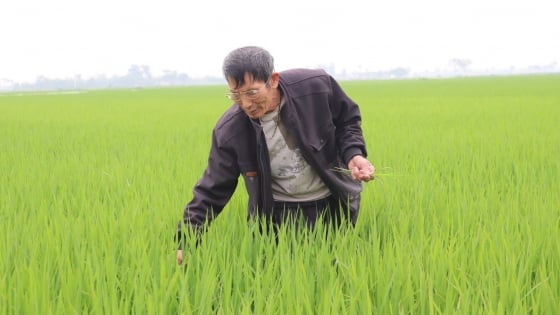
![Positioning the value of Dien Bien rice: [Part 2] When gold and copper are mixed together](https://vstatic.vietnam.vn/vietnam/resource/IMAGE/2025/4/2/752ea8d5561b4bc1adf382820b29f176)
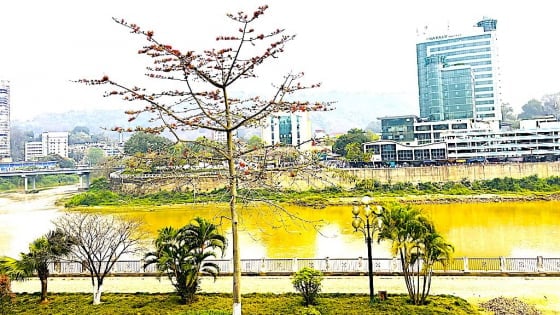






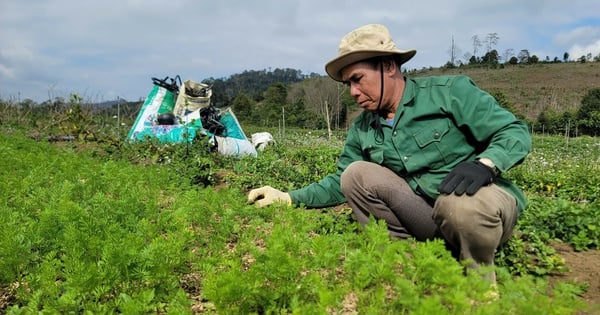
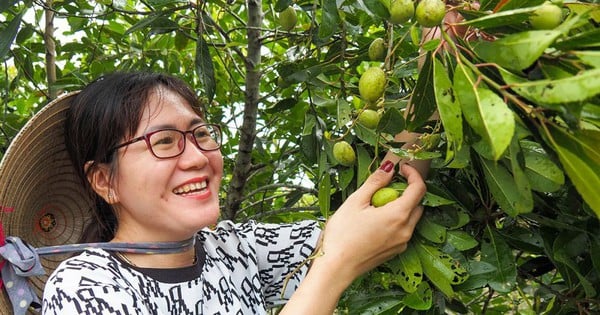
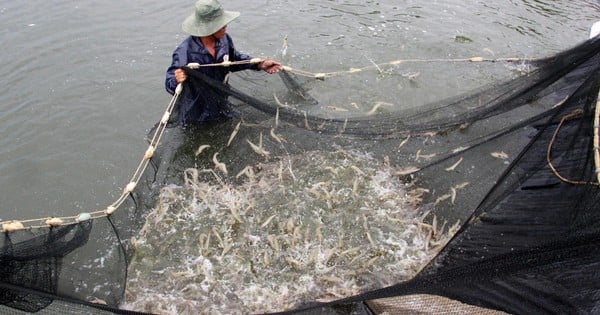




































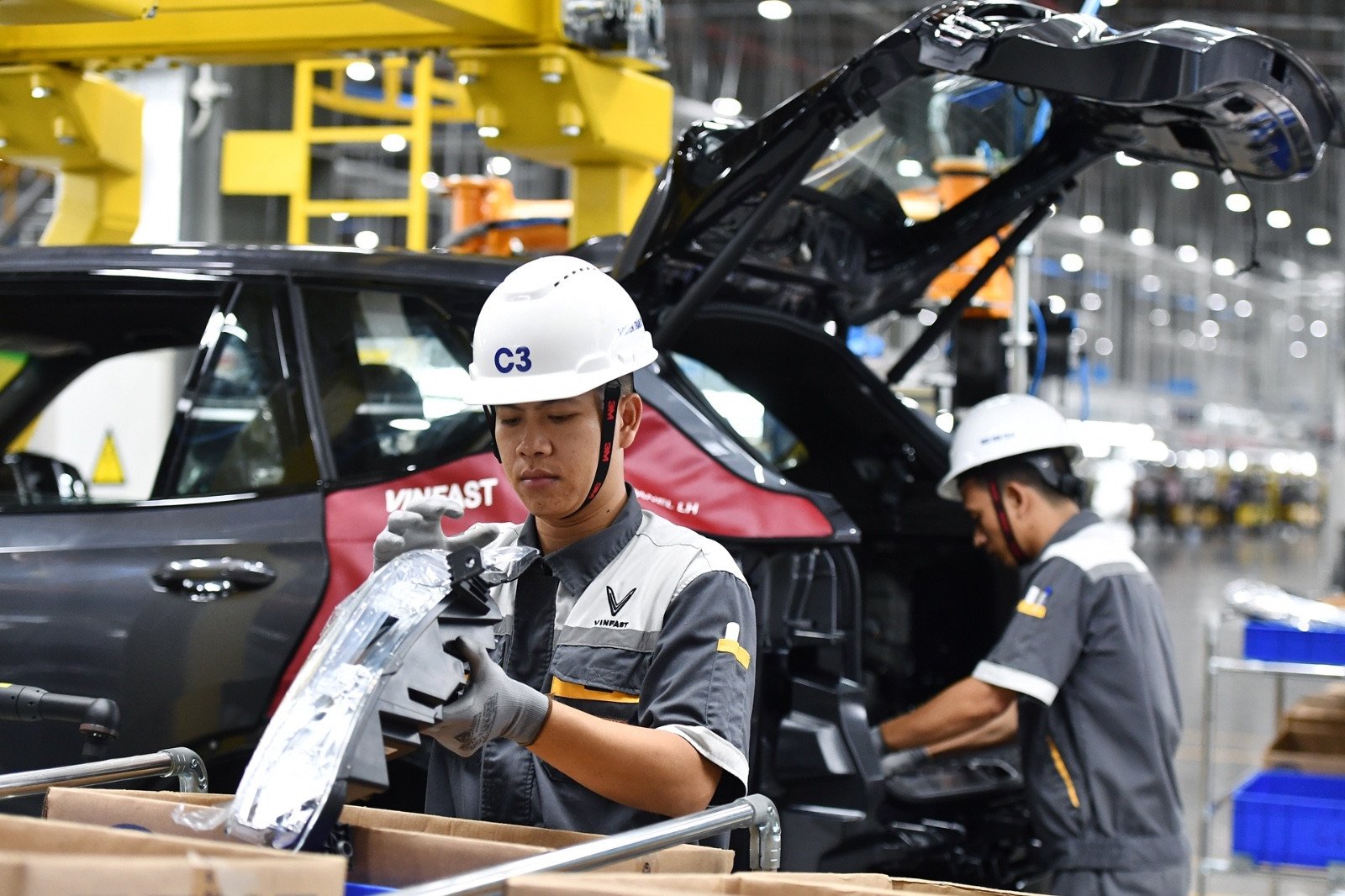





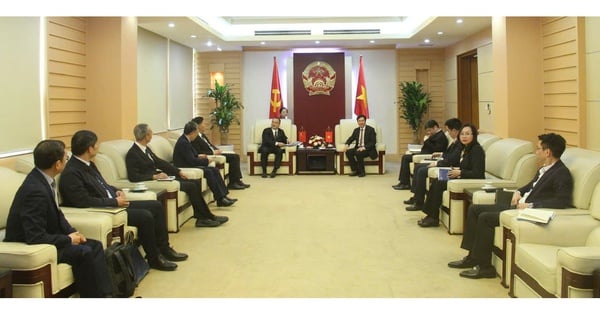






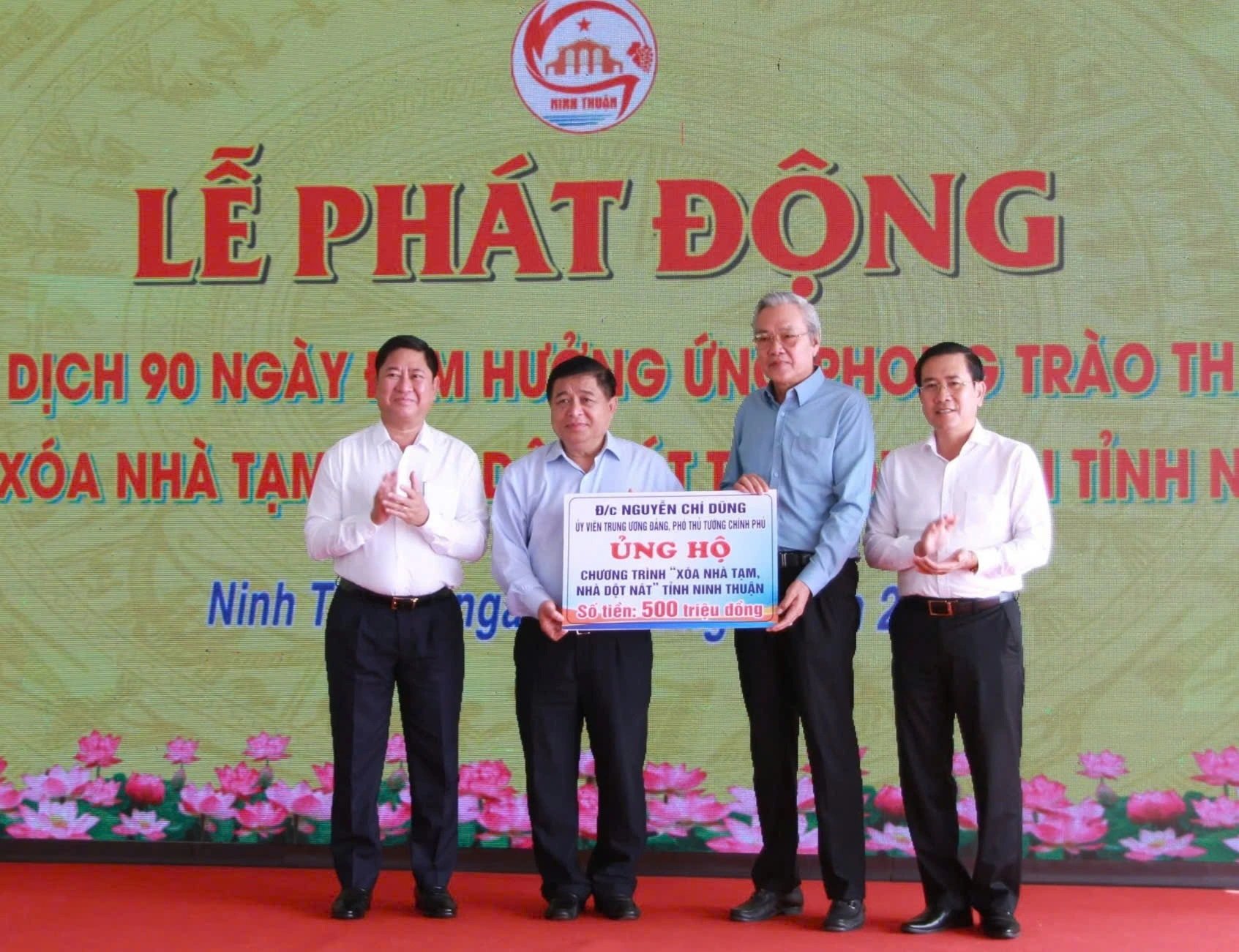



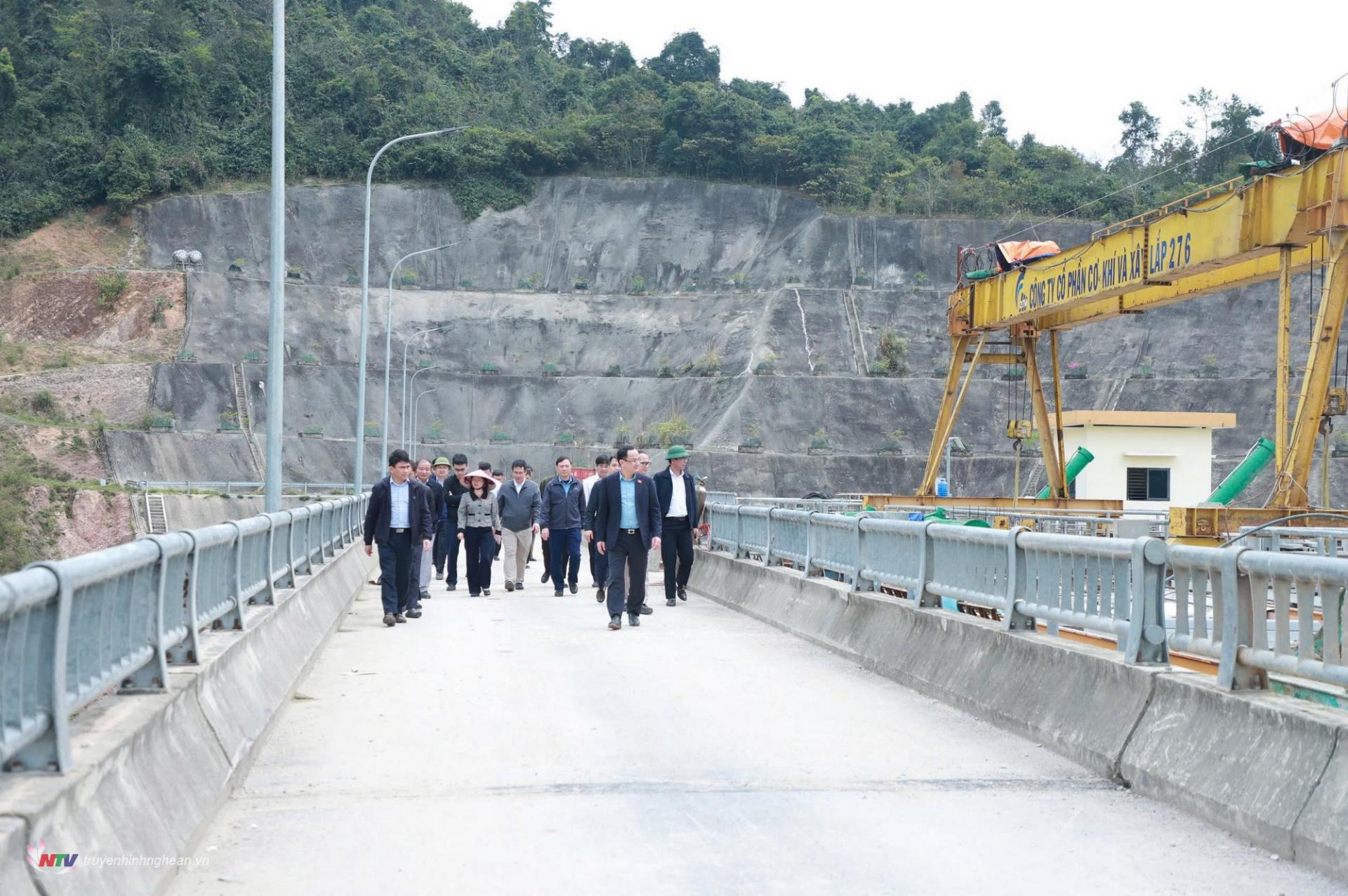
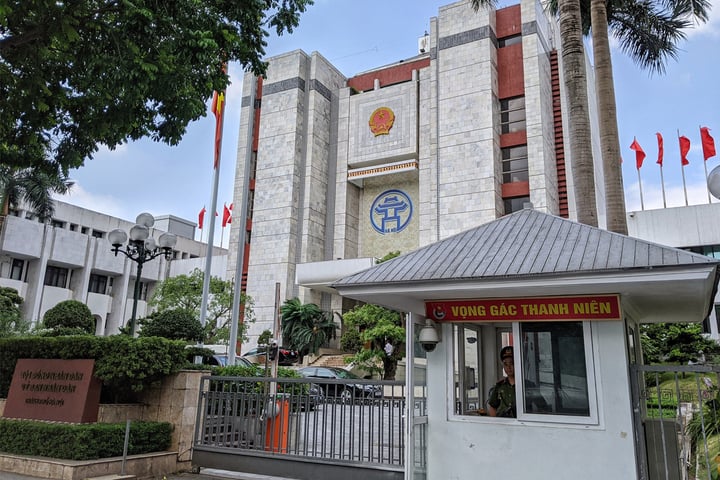












Comment (0)